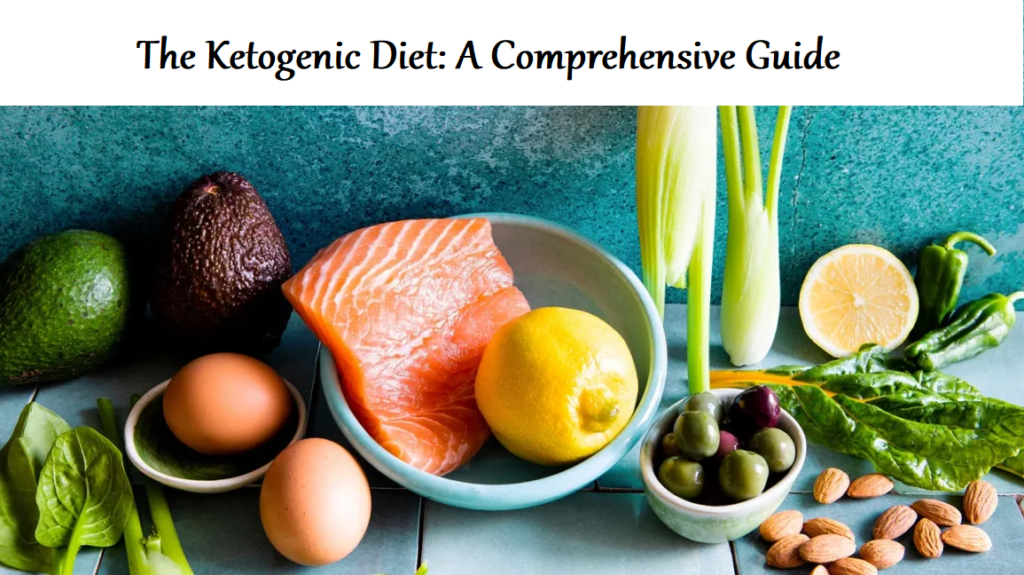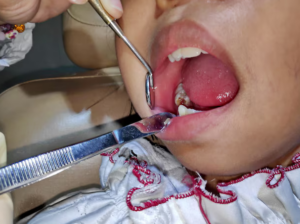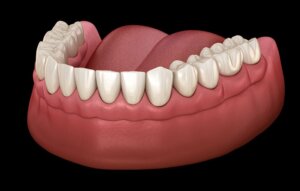
Welcome to our comprehensive guide on the ketogenic diet. This guide will provide all the information you need about the keto diet, including its benefits, potential drawbacks, and how to implement it into your lifestyle.
What is the Ketogenic Diet?
The ketogenic diet is a high-fat, low-carbohydrate diet that has been shown to help people lose weight and improve their overall health. The goal of the ketog diet is to enter a state of ketosis, where the body switches from using glucose as its primary fuel source to using ketones produced by the liver from stored fat.
Benefits of the Ketogenic Diet
The keto diet has been shown to have several benefits, including:
- Weight Loss: The high-fat, low-carbohydrate nature of the diet has been shown to help people lose weight more effectively than other diets.
- Improved Blood Sugar Control: The keto diet has been shown to help people with type 2 diabetes better control their blood sugar levels.
- Improved Cholesterol Levels: The keto diet has been shown to improve cholesterol levels, reducing the risk of heart disease.
- Reduced Inflammation: The ketogenic diet has been shown to reduce inflammation in the body, which can lead to various health problems.
How to Follow the Ketogenic Diet?
To follow the keto diet, you must drastically reduce your carbohydrate intake and increase your fat intake. The general macronutrient breakdown for the ketogenic diet is as follows:
- 70-75% fat
- 20-25% protein
- 5-10% carbohydrates
Some foods that are allowed on the keto diet include:
- Meat and poultry
- Fish and seafood
- Eggs
- Low-carbohydrate vegetables (such as spinach, kale, and broccoli)
- High-fat dairy (such as cheese, butter, and cream)
Some foods that should be avoided on the keto diet include:
- Grains (such as wheat, rice, and oats)
- Sugar (including natural sweeteners such as honey and maple syrup)
- High-carbohydrate fruits (such as bananas, apples, and grapes)
- Starchy vegetables (such as potatoes, sweet potatoes, and corn)
Potential Drawbacks of the Keto Diet
While the ketogenic diet has many benefits, it also has some potential drawbacks that should be considered, including:
- Keto Flu: When transitioning to the ketogenic diet, some people experience symptoms such as headaches, fatigue, and nausea, known as the “keto flu.”
- Nutrient Deficiencies: Because the keto diet restricts certain food groups, getting all the necessary nutrients, such as fiber and specific vitamins and minerals, can be challenging.
- Sustainability: The keto diet can be challenging to sustain long-term, as it can be restrictive and challenging to follow in social situations.
Is the Keto Diet Right for You?
The ketogenic diet can effectively lose weight and improve your health, but it is not the right choice for everyone. Essential to consult with your healthcare provider before starting the keto diet, especially if you have any underlying health conditions.
Conclusion
In conclusion, the keto diet is a high-fat, low-carbohydrate diet with many health benefits, including weight loss, improved blood sugar control, and reduced inflammation. However, it also has some potential drawbacks that should be considered. If you are considering the ketogenic diet, consult your healthcare provider to determine if it is the right choice.








